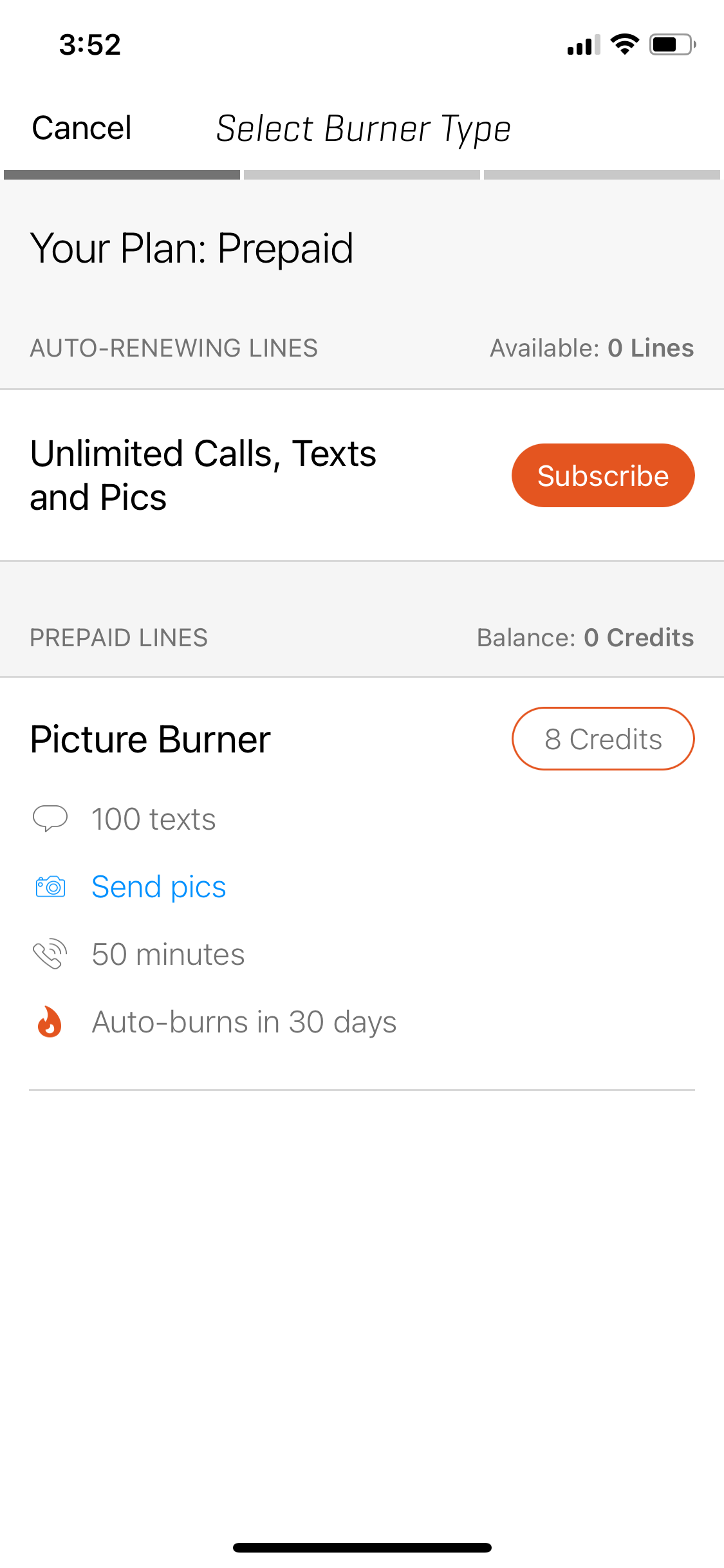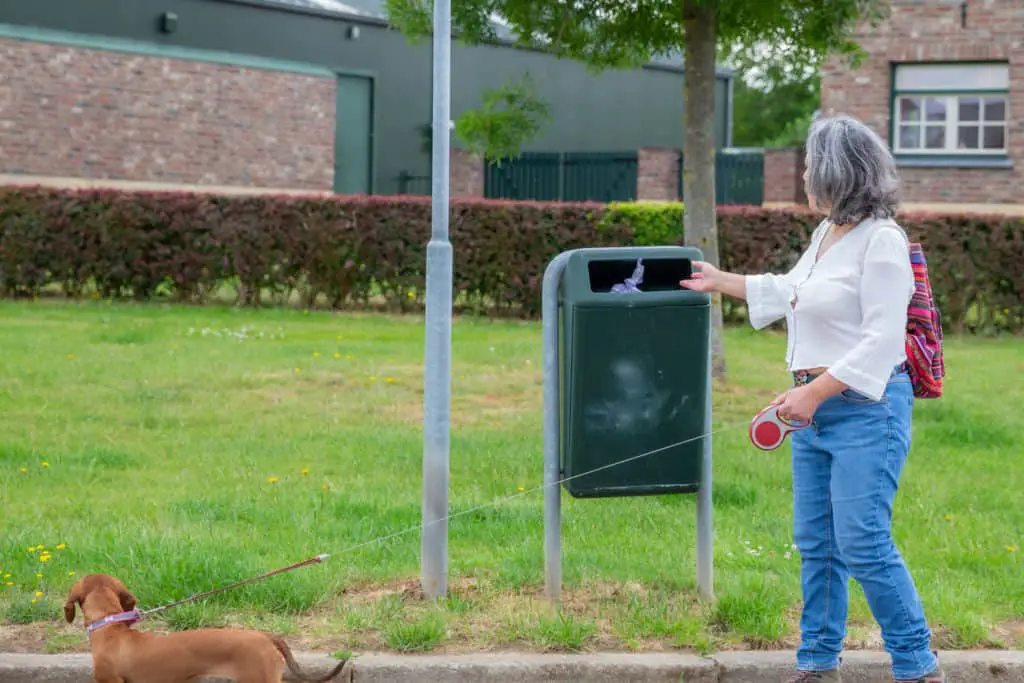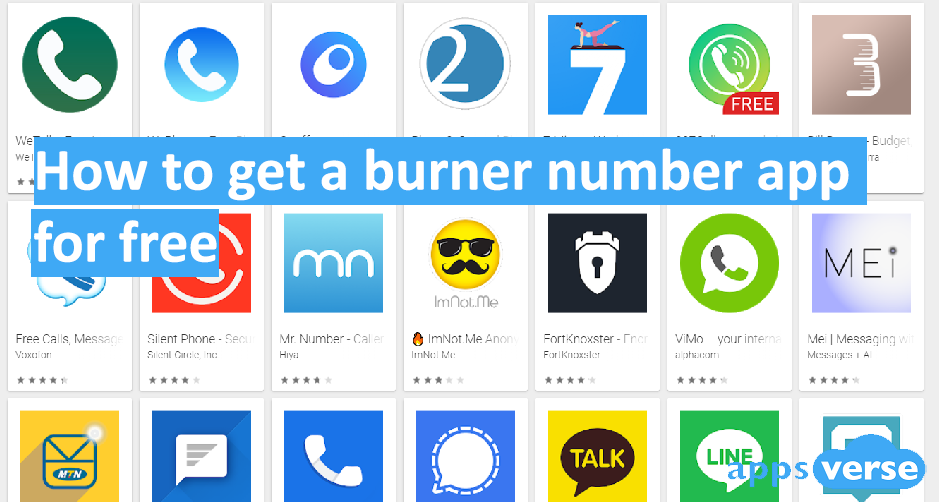Can The Burner App Be Traced
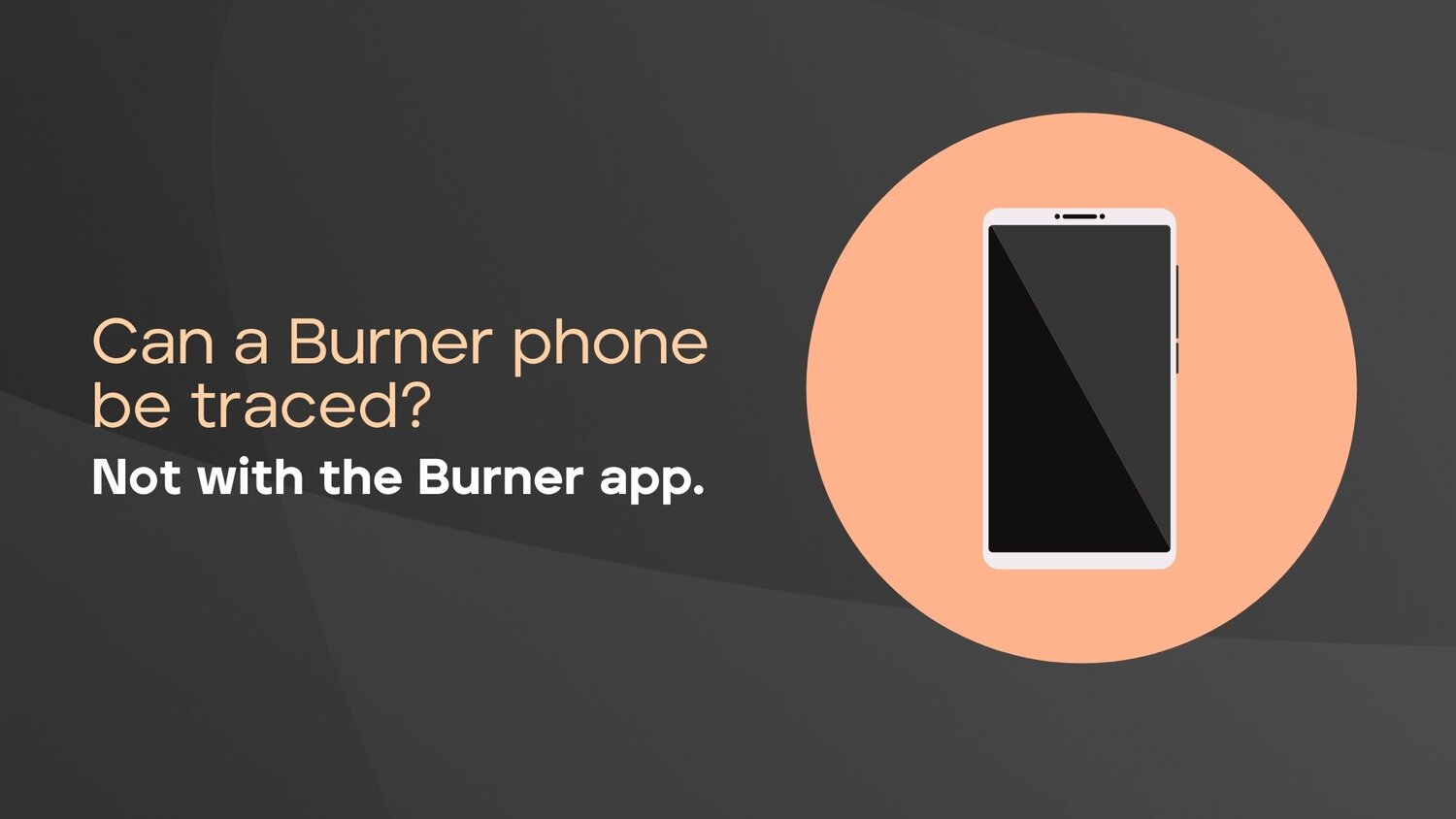
In an era dominated by digital communication, the allure of anonymity has fueled the popularity of burner apps, promising temporary phone numbers and untraceable conversations. But the fundamental question remains: Can these apps truly guarantee complete anonymity, or is the promise of a clean digital slate merely an illusion?
This article delves into the complex reality of burner app traceability, examining the technological mechanisms, legal frameworks, and potential vulnerabilities that can expose users despite their attempts to remain hidden. The rise of these apps has sparked a critical debate about privacy, security, and the potential for misuse, impacting everyone from everyday citizens to law enforcement agencies.
The Core Functionality of Burner Apps
Burner apps, like Burner and Hushed, operate by providing users with temporary, disposable phone numbers. These numbers are typically routed through Voice over Internet Protocol (VoIP) technology, masking the user's actual phone number.
When a user makes a call or sends a text through a burner app, the recipient sees the burner number, not the user's personal number. This functionality creates a layer of separation, ostensibly making it more difficult to link communications back to the individual.
Technical Limitations and Vulnerabilities
Despite the promise of anonymity, burner apps are not foolproof. Several technical limitations and vulnerabilities can compromise user privacy.
IP Address Tracking: Although the burner number itself might be masked, the app still relies on an internet connection to function. That means the user's IP address, which can be traced back to their internet service provider (ISP), is potentially logged by the app provider.
According to security expert Bruce Schneier, "No system is perfectly secure. There are always vulnerabilities, and the more complex the system, the more vulnerabilities it is likely to have." This sentiment rings true for burner apps, where vulnerabilities can arise from software bugs, insecure coding practices, or even unintentional data leaks.
Data Retention Policies and Legal Compliance
The data retention policies of burner app providers play a crucial role in determining traceability. While some providers claim to delete call logs and message content after a short period, others may retain this information for longer periods, potentially complying with legal requests.
Law enforcement agencies can obtain court orders to compel burner app providers to hand over user data, including IP addresses, call logs, and message content if stored. This legal process effectively removes the anonymity promised by the app.
The Electronic Frontier Foundation (EFF) advocates for strong encryption and data minimization policies to protect user privacy. "Companies should minimize the amount of data they collect and retain," the EFF states, "and they should be transparent about their data practices."
Payment Methods and User Identification
The method of payment used to purchase burner app services can also reveal a user's identity. If a user pays with a credit card or a bank account linked to their name, that information can be subpoenaed.
While some apps accept cryptocurrency payments, which offer a higher degree of anonymity, these transactions are not entirely untraceable. Experts say that with sufficient resources, even cryptocurrency transactions can be linked to individuals through blockchain analysis.
Human Error and Social Engineering
Even with the best technology and security practices, human error remains a significant vulnerability. Users can inadvertently reveal their identity through slip-ups in conversation or by using their burner number for services linked to their real identity.
Social engineering tactics, where attackers manipulate individuals into revealing information, can also be used to bypass the security features of burner apps. Law enforcement or malicious actors could potentially trick a user into divulging information that compromises their anonymity.
The Impact on Society and Law Enforcement
The rise of burner apps presents a complex challenge for law enforcement. While these apps can be used for legitimate purposes, such as protecting personal privacy or conducting undercover investigations, they can also be exploited for criminal activities.
The anonymity afforded by burner apps can facilitate drug trafficking, fraud, and other illicit activities, making it more difficult for law enforcement to track and apprehend criminals. However, as highlighted earlier, this anonymity is not absolute, and law enforcement has successfully traced burner app users in numerous cases.
A Human-Interest Angle: Whistleblowers and Activists
For whistleblowers and political activists, burner apps can be a vital tool for protecting their identity and communicating securely with journalists or other sources. These individuals often face significant risks, including job loss, harassment, or even physical harm, if their identity is revealed.
Burner apps can provide a layer of protection, allowing them to share sensitive information without fear of immediate reprisal. However, it's crucial for these users to understand the limitations of burner apps and to take additional security measures to protect their identity.
Conclusion: Anonymity is a Spectrum, Not a Guarantee
While burner apps offer a degree of anonymity, they do not guarantee complete untraceability. A combination of technical limitations, legal requirements, and human error can compromise user privacy.
Users should be aware of these limitations and take appropriate precautions to protect their identity. Ultimately, the promise of anonymity offered by burner apps is a spectrum, not an absolute guarantee, and users must exercise caution and understand the risks involved.
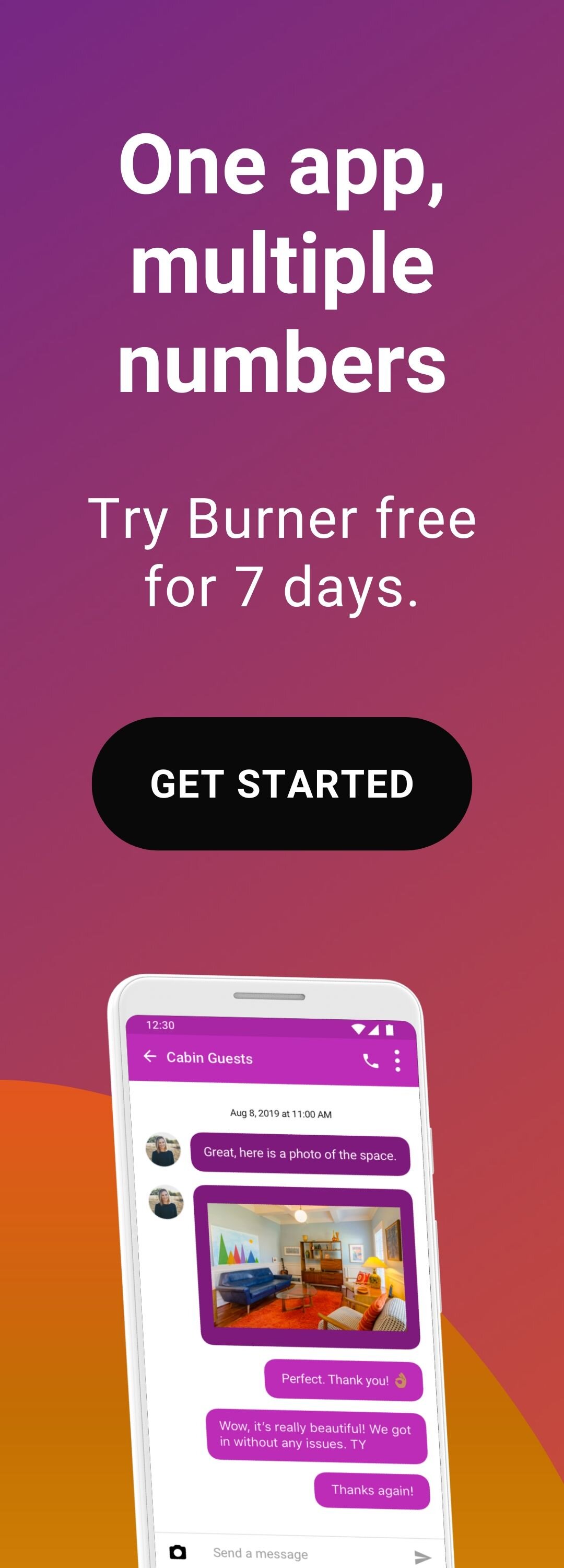


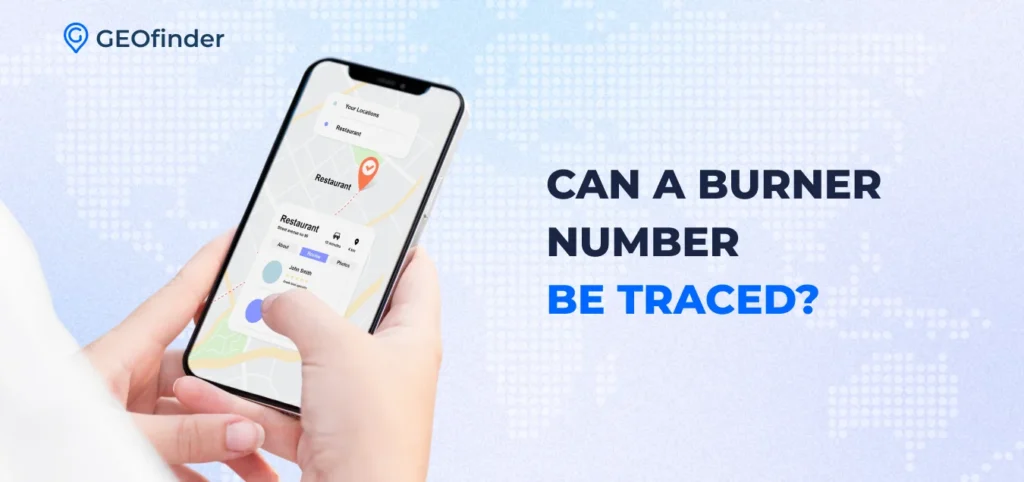
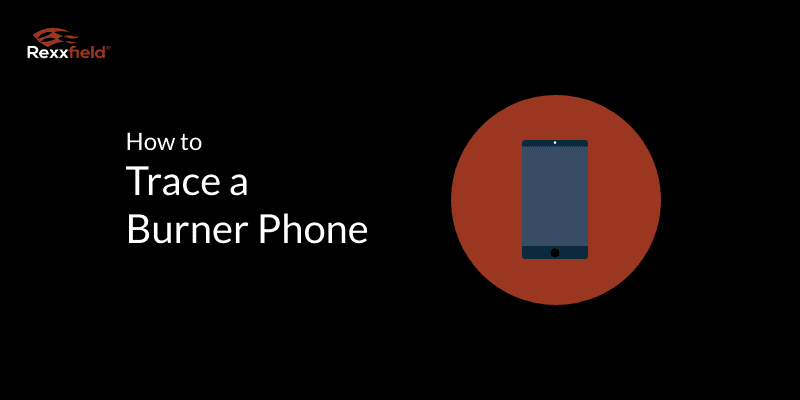
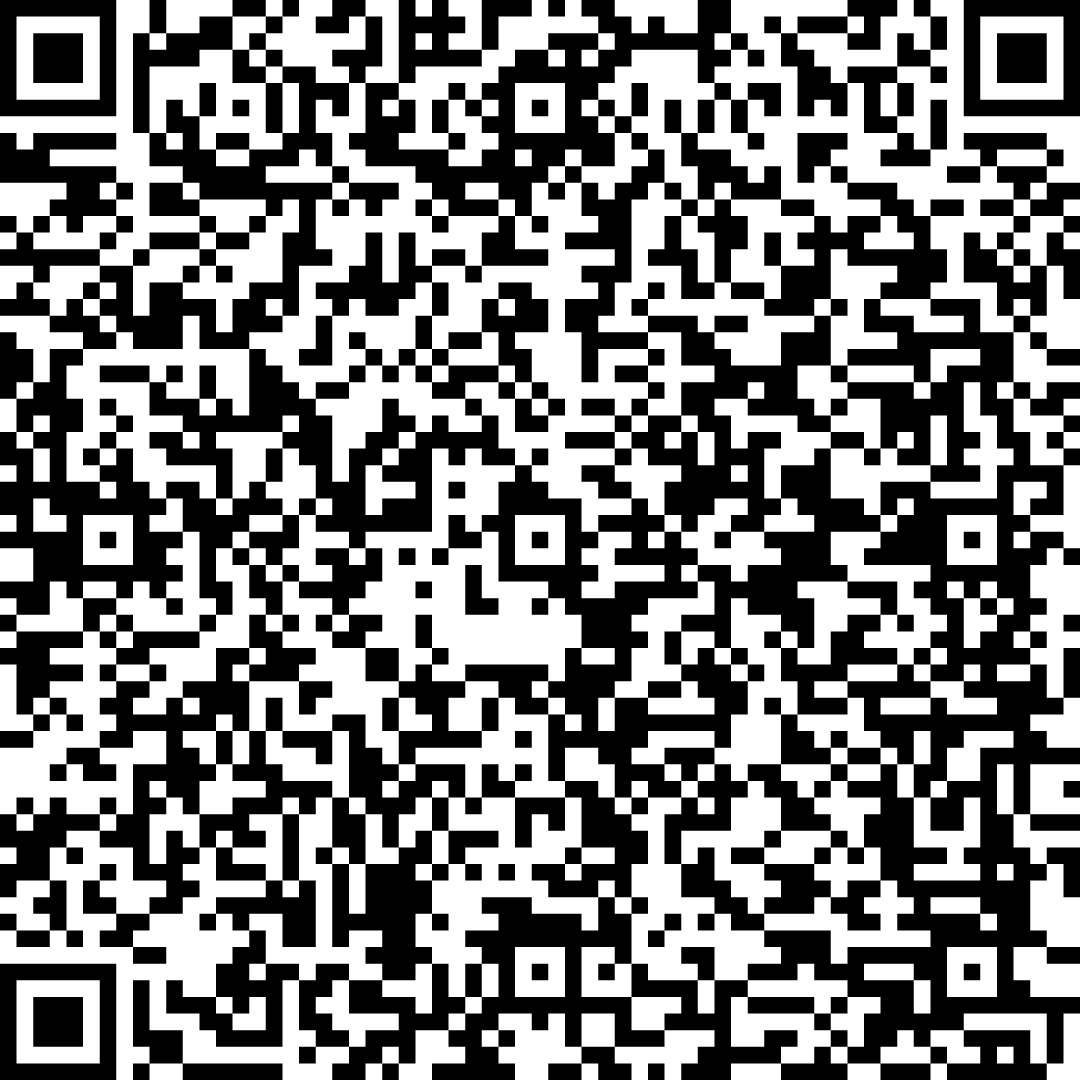
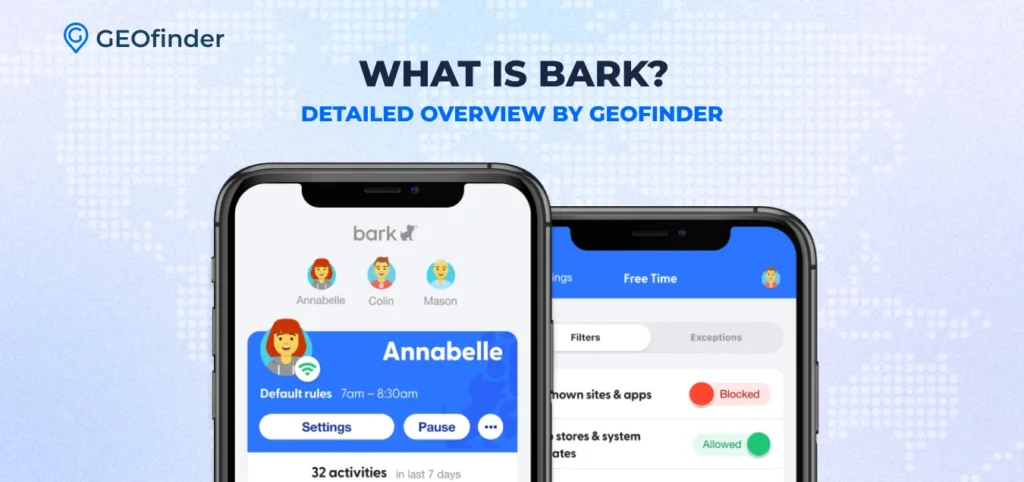
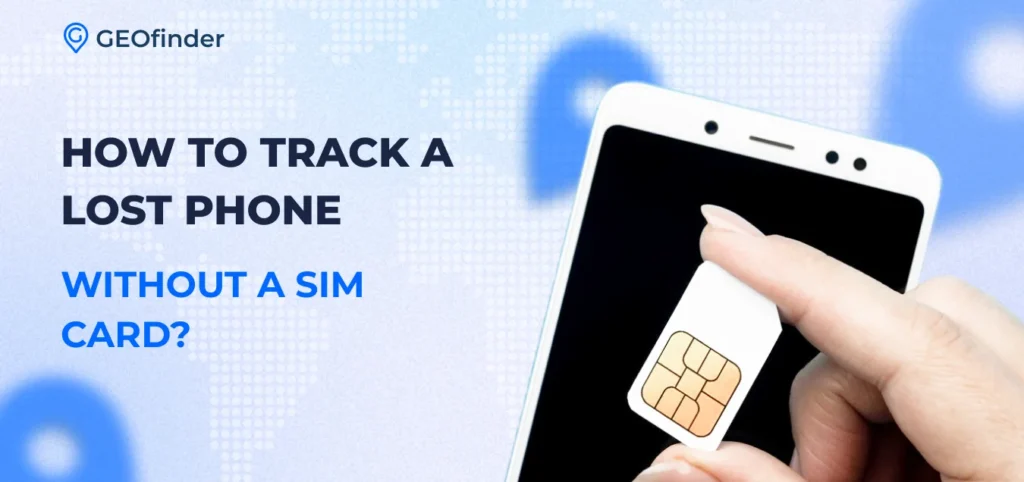




/cdn.vox-cdn.com/uploads/chorus_image/image/63700683/burner.0.1462686978.0.png)
